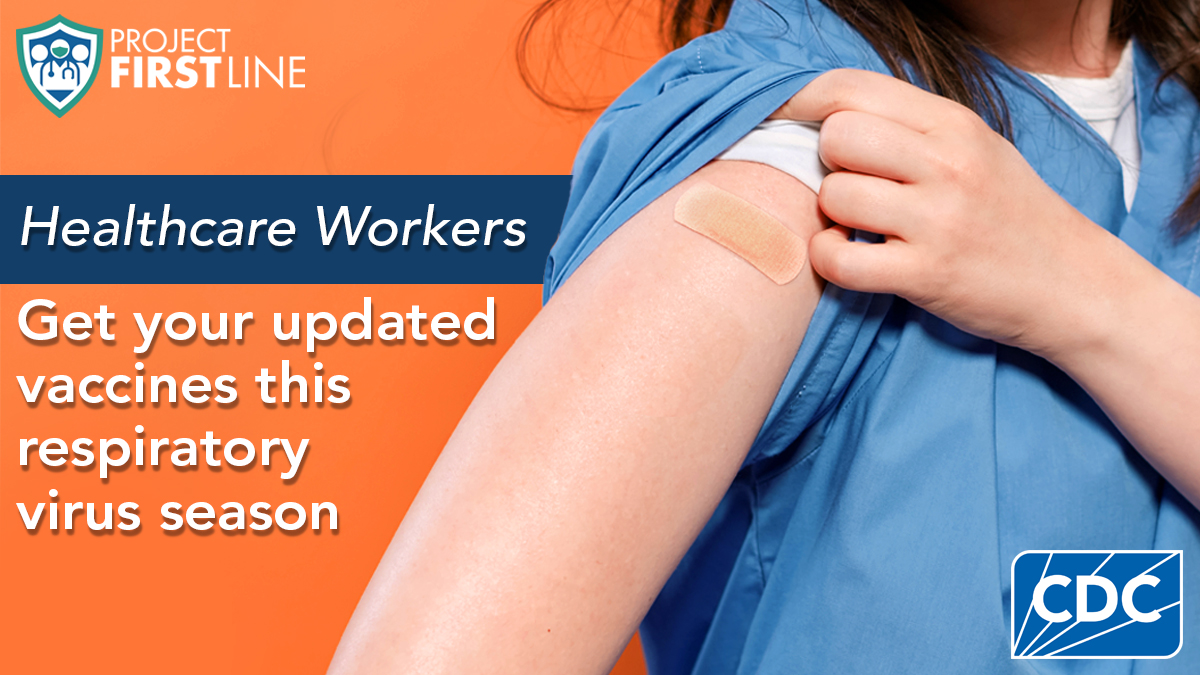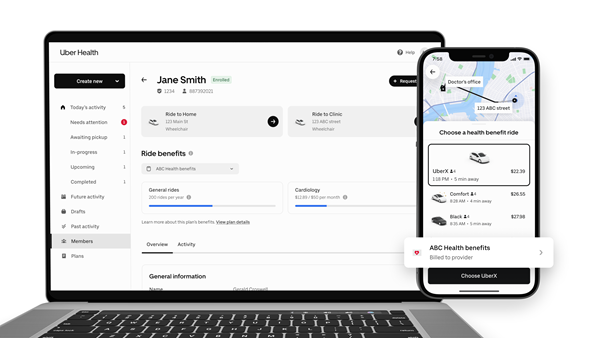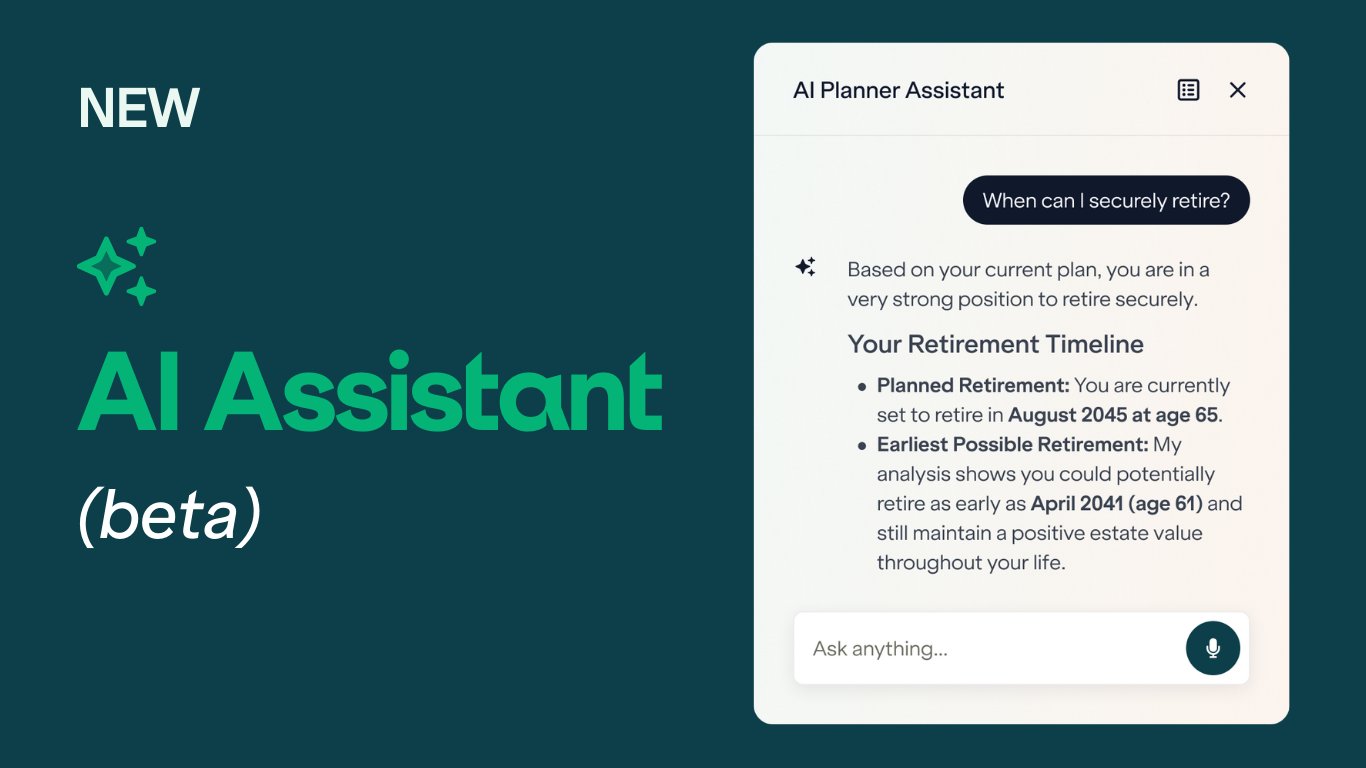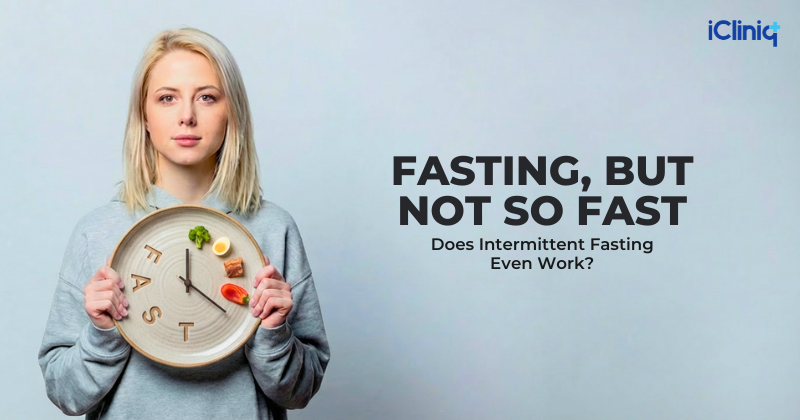Respiratory virus season is here. As a healthcare worker, you play a critical role in slowing and preventing the spread of viral respiratory infections, including flu and COVID-19. Like hand hygiene, personal protective equipment (PPE), and environmental cleaning and disinfection, vaccination is a critical tool in our infection control toolbox. Getting vaccinated in combination with implementing standard infection control practices can help protect you and others in your healthcare facility. Now is the perfect time to remind yourself and your coworkers about the importance of vaccinations.
You can learn more about the vital role vaccines play in protecting you and your patients and residents in this blog from Janet Glowicz, PhD, RN, a nurse infection preventionist with CDC’s Project Firstline.
Vaccination plays an important role in your personal safety.
Getting your updated vaccines protects you whether you are at work or at home. How? Vaccines can help reduce your risk of getting sick and help stop the spread of viruses to others. If you do get flu or COVID-19, vaccines can make the illness shorter and less severe, reduce the amount of time you may need to be away from work to recover, and help you avoid hospitalization.
Last respiratory virus season, the 2023–2024 COVID-19 vaccine was 58% effective against COVID-19 associated critical illness and death up to six months after vaccination. Vaccination is also effective against less severe illness; COVID-19 vaccine effectiveness against urgent care or emergency department visits was 50% within two months after vaccination. These estimates reflect the additional benefit provided by 2023-2024 COVID-19 vaccination in a population where many people already have immunity from previous vaccinations or from having previous infections MMWR.
The virus that causes COVID-19 is always changing, and protection from vaccines decreases over time. Getting an updated COVID-19 vaccine for 2024-2025 helps protect you against the currently circulating variants causing most infections and hospitalizations in the U.S. COVID-19 vaccination also reduces your chance of Long COVID, which can develop during or after infection and can last for a long time.
All healthcare workers should consider the recommended vaccines for respiratory viruses.
Options are available for free and low-cost access to vaccinations.
Most people can still get the COVID-19 vaccine for free. If you have health insurance, most plans will cover the COVID-19 vaccine at no cost to you. Check with your insurance provider on what they cover. If you don’t have health insurance or have a health plan that doesn’t cover the full cost, you may still be able to get a free vaccine [PDF – 1 Page].
Certain groups are at high risk for severe complications from respiratory infections.
Individuals aged 65 and above are at the highest risk of being hospitalized and experiencing severe illness from the flu and COVID-19. They make up the most COVID-19 and flu-related hospitalizations and deaths annually in the United States. Further, many underlying conditions including chronic lung disease, heart disease, diabetes, and obesity as well as being pregnant may place people at higher risk of severe influenza and COVID-19 disease. Those with weakened immune systems or multiple medical conditions are also at higher risk of severe illness. Your healthcare provider can help you be aware of your risk for severe complications and encourage the recommended vaccinations.
Additionally, the RSV vaccine is recommended for all adults ages 75 and older and for adults ages 60-74 years who are at higher risk for severe illness and hospitalization from RSV. RSV vaccine is also recommended for pregnant people between 32 through 36 weeks gestation with seasonal use (meaning during September through January in most of the United States) to protect the infant from severe RSV disease. If you are age 60-74 with certain health conditions, age 75 or older, or are pregnant, talk to your healthcare provider about an RSV vaccine.
As a healthcare worker, it’s also important to understand the risk of these illnesses to your patients and residents and take action. Even if you are not personally at high risk for severe illness, by getting vaccinated, you can help keep yourself from getting sick and spreading germs to others.
Proactive measures can help healthcare workers stay up to date with recommended vaccines.
Your facility’s Occupational Health Department can help you remain aware of all currently recommended vaccines in accordance with state or territorial laws. You can also check with vaccine providers if you’d like additional information, such as your healthcare provider and local pharmacies. For updates, visit the Advisory Committee on Immunization Practices (ACIP) Vaccine Recommendations website.
Vaccine safety and effectiveness are closely monitored.
Here are four facts you can share if there are concerns about vaccine safety:
- CDC, the U.S. Food and Drug Administration (FDA), and other federal agencies closely monitor the safety of all vaccines licensed and recommended for use in the United States.
- ACIP carefully considers the benefits and risks of vaccines as part of their evidence-based process for recommending them for use.
- Additionally, CDC has multiple systems that track vaccine safety after administration.
- To date, hundreds of millions of people have safely received a COVID-19 vaccine under the most intense safety monitoring in U.S. history.
Employer-sponsored vaccination programs are an effective way to help your staff receive recommended vaccines during respiratory virus season. Offering recommended vaccines is beneficial to everyone in your facility and can make the process more convenient and cost-effective by removing common barriers to access.
Healthcare workers can stay informed about local respiratory virus activity.
During respiratory virus season, it’s important to stay informed about the spread of viruses in your area. Keep an eye out for updates from your facility or local health department. The following CDC resources are available to help access data for your area:
To learn more about what you can do to protect yourself and your patients this season, check out Project Firstline’s Infection Control Actions for Respiratory Viruses.
Author: Janet Glowicz, PhD, RN, Infection Preventionist with Project Firstline in CDC’s Division of Healthcare Quality Promotion
Publisher: Source link










